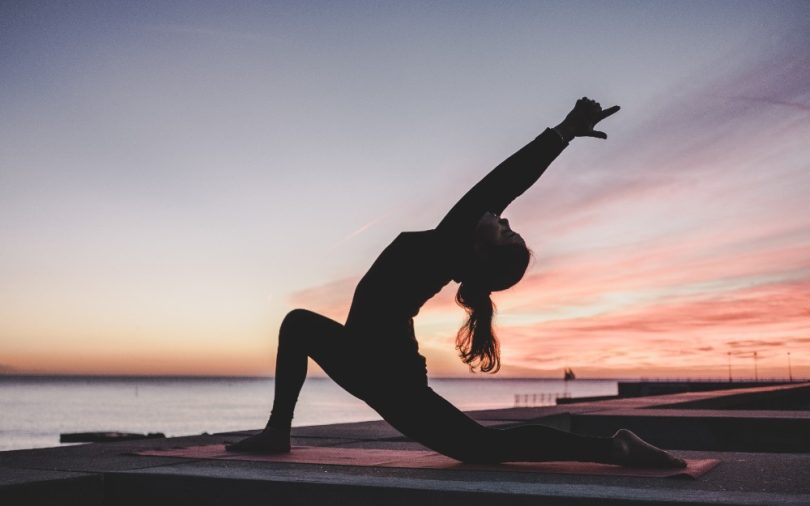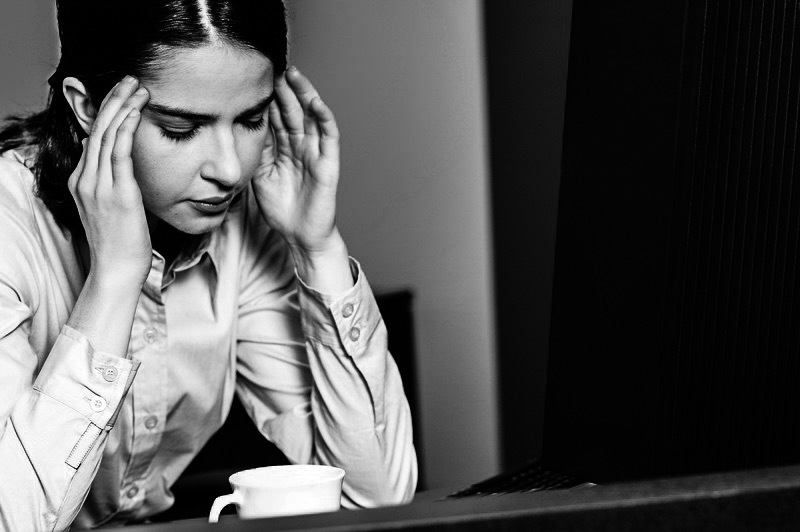You are now aware that physical activity of any form has some extremely beneficial impacts on reducing anxiety. Exercise, especially in a novel environment, can have a significant impact on your brain chemistry, attitude, energy level and general emotional state of mind.
This post contains Amazon affiliate links, meaning I may earn a small commission if you purchase through my links, at no extra cost to you. Note: We aim to provide accurate product links, but some may occasionally expire or become unavailable. If this happens, please search directly on Amazon for the product or a suitable alternative.
When it comes to the management of anxiety symptoms, one particular targeted exercise activity has been demonstrated to be very effective: After just ten sessions of hatha yoga, participants reported an overall improvement in their quality of life, as well as less tension and anxiety. This was according to one hatha yoga study. That is an eloquent demonstration of the advantages of this practice. Have you ever experimented with yoga? Take a look at what it can do to improve your overall well-being.
Yoga, more than any other sort of activity, will teach you to pay attention to your breathing patterns. If you’ve done any reading on anxiety self-management techniques, you’re probably aware of the importance of controlled breathing.
Due to the fact that they slow down your nervous system, taking deep, steady breaths can help you feel more at ease. Exercising proper breathing skills as part of your yoga practice is something that you should consider learning because they will be extremely useful when coping with the harsh and shallow breathing that is produced by worry.
Slow and regulated breathing and movements are essential components of yoga practice. In this type of mindful exercise, the postures and positions are performed in a way that allows you to concentrate on each component of your body..
This kind of attention encourages relaxation and helps to relieve the tension that builds up as a result of anxiety or stress. When you combine these motions with attentive breathing, you get the most benefit and create a cycle of wellbeing in which your newly relaxed body stimulates more positive thinking on your part.
Yoga is a type of self-care, which is something that those of us who have troubled souls tend to overlook or put off until later. Treating ourselves well involves scheduling time to engage in activities such as having pedicures, eating healthfully, meeting with friends, or engaging in physical activities such as yoga, among other things.
This time serves to refresh us rather than deplete us of our energy, as so many of our everyday duties have the potential to do in this regard.
When you ruminate, you are repeating thoughts in your head over and over again. Rumination is a negative behavior. You are probably already aware of how difficult it can be to break free from negative thought patterns.
Yoga, on the other hand, has a relatively simple method of accomplishing this. When you’re paying attention to your breathing and bodily movement, your mind is more likely to be in the present moment. Instead, you become more aware of the way your body is feeling, the sounds that are going on around you, and the pattern of your breath. It has a relaxing effect on me.
These are only a few of the numerous advantages of yoga for reducing anxiety and stress. Start your own yoga practice, with the permission of your doctor, and you’ll be able to see for yourself how yoga might be beneficial.
Want to get notified on new content?
Get email updates when new posts and articles are available.
» Yes! Sign me up for free updates.








